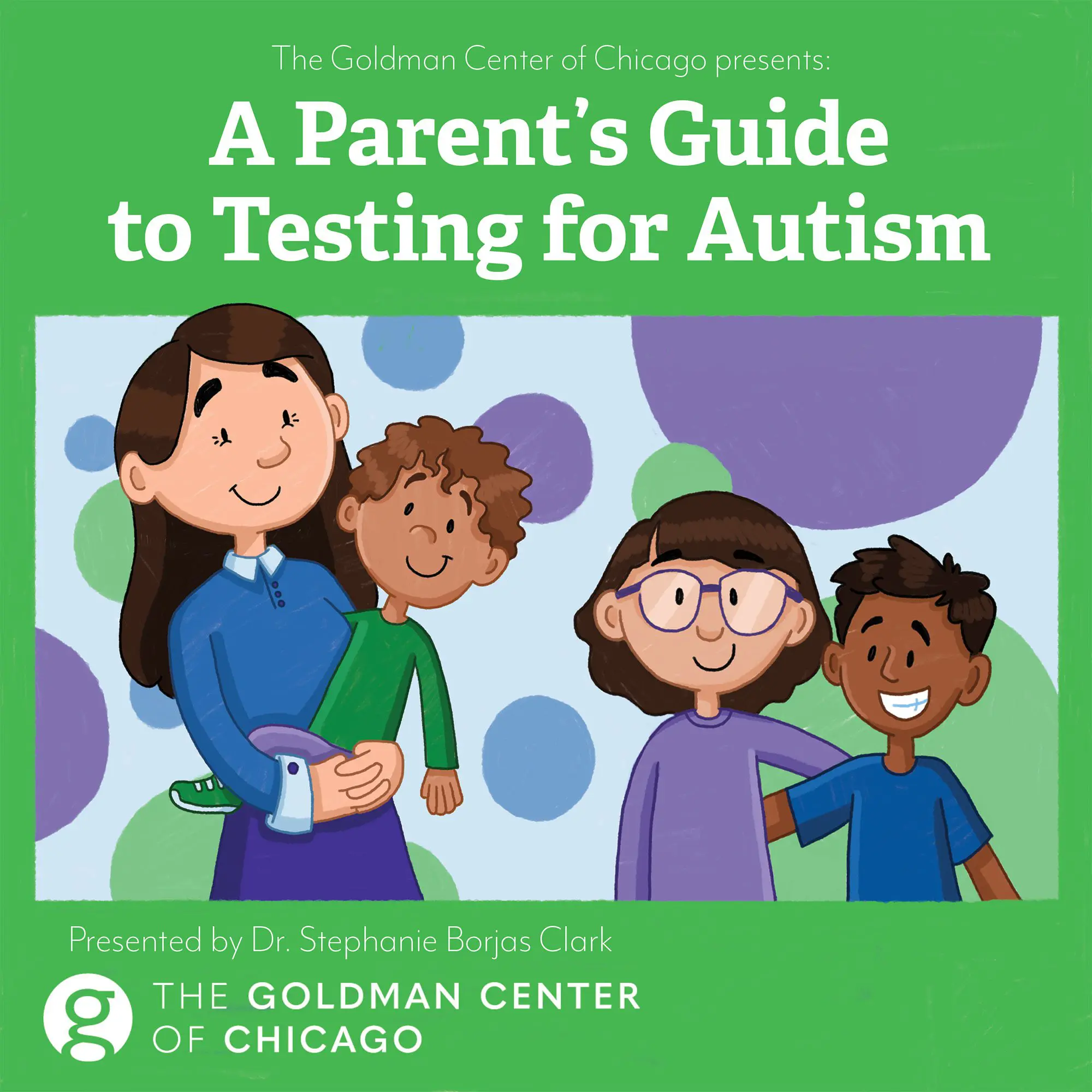As a parent, noticing your child’s unique development or differences in behavior can lead to many questions. Autism Spectrum Disorder (ASD) is a complex neurodevelopmental condition that affects social communication, behavior, and sensory processing. Early identification and testing for autism can make a significant difference in helping your child access the support and services they need. This guide will help you navigate the process of testing for autism, understand the steps involved, and explore what comes next after a diagnosis.
Understanding Autism Spectrum Disorder (ASD)
Autism Spectrum Disorder is a developmental condition that can manifest in various ways, depending on the individual. Children with autism may have difficulty communicating, exhibit repetitive behaviors, or face challenges in social interactions. While some children show signs of autism from an early age, others may develop typically for the first few years before noticeable differences in development arise.
Recognizing early signs of autism is crucial, as early intervention has been proven to significantly improve developmental outcomes. Common early signs of autism in children include:
- Limited or no eye contact
- Delayed speech or language skills
- Difficulty understanding social cues
- Unusual responses to sensory stimuli (e.g., textures, sounds, lights)
- Engaging in repetitive movements (e.g., hand flapping, spinning objects)
- Difficulty forming friendships or maintaining relationships
If you suspect your child may have autism, it’s essential to pursue a professional evaluation.
The Importance of Early Testing for Autism
Early testing for autism can lead to early intervention services that help improve social, communication, and behavioral skills. Research has shown that early identification and intervention, often before the age of 3, can greatly enhance a child’s development and quality of life.
The testing process allows professionals to assess your child’s behavior, development, and any potential challenges they may face. Parents often wonder when is the right time to seek an evaluation. Pediatricians generally recommend testing if a child shows developmental delays or specific behavioral signs of autism by the age of 2. However, autism can be diagnosed at any age, and it’s never too late to pursue an evaluation if you have concerns.
Steps in the Autism Testing Process
The process of testing for autism can seem daunting, but understanding each step will help you feel more prepared. The following is an overview of what to expect:
1. Initial Screening
The first step usually involves an initial developmental screening. During regular check-ups, your child’s pediatrician will monitor developmental milestones and may use specific screening tools, such as the Modified Checklist for Autism in Toddlers (M-CHAT). If the screening results suggest possible autism, the pediatrician will refer you to a specialist for a more comprehensive evaluation.
2. Diagnostic Evaluation
A full diagnostic evaluation is the next step in the autism testing process. This comprehensive assessment is typically conducted by specialists such as developmental pediatricians, child psychologists, or neurodevelopmental experts. It may involve multiple professionals working together, including speech-language pathologists and occupational therapists.
The evaluation may include:
- Behavioral observation: Specialists observe how your child communicates, interacts, and behaves in various situations.
- Parent interviews: You will provide detailed information about your child’s developmental history, behaviors, and any concerns you’ve noticed.
- Standardized testing: Tools like the Autism Diagnostic Observation Schedule (ADOS) and Autism Diagnostic Interview-Revised (ADI-R) may be used to assess your child’s behavior, communication, and social skills.
- Developmental and cognitive testing: In some cases, professionals may assess your child’s developmental and cognitive abilities to rule out other conditions or co-occurring challenges.
The evaluation process is designed to provide a comprehensive understanding of your child’s development and determine whether they meet the criteria for an autism diagnosis.
What to Expect After a Diagnosis
Receiving a diagnosis of autism can feel overwhelming, but it is the first step toward accessing the support and resources your child needs to thrive. Following a diagnosis, a plan of care will be recommended, which may include the following services:
- Early intervention services: For children under the age of 3, early intervention programs provide therapies that focus on communication, social, and behavioral skills. These programs are typically offered through your state’s early intervention system.
- Therapies for older children: Children older than 3 may receive services such as Applied Behavior Analysis (ABA), speech therapy, occupational therapy, and social skills training through schools or private providers.
- Educational support: If your child is school-aged, an Individualized Education Plan (IEP) may be developed to ensure they receive the accommodations and services they need in the classroom.
- Behavioral support: Depending on your child’s needs, professionals may recommend behavioral interventions to help manage challenges such as sensory sensitivities, repetitive behaviors, or difficulties with transitions.
Every child with autism is unique, so the specific therapies and interventions will vary depending on your child’s strengths and challenges. A tailored plan will help them reach their full potential.
Preparing for the Autism Evaluation Process
As a parent, preparing for an autism evaluation can feel overwhelming. Here are a few tips to help ease the process:
- Gather information: Before the evaluation, gather information about your child’s developmental history, medical records, and any concerns you have about their behavior. It may help to keep a log of your observations and any milestones your child has reached.
- Be open and honest: During the evaluation, provide as much detail as possible about your child’s development. The more information professionals have, the better they can assess your child’s needs.
- Stay calm and patient: The diagnostic process can take time, but it’s important to stay patient and trust the process. Each step brings you closer to understanding your child’s unique needs and getting them the support they require.
- Ask questions: Don’t hesitate to ask questions throughout the evaluation process. It’s essential that you feel informed and empowered to make decisions for your child’s care.
Supporting Your Child Post-Diagnosis
Once your child receives an autism diagnosis, your focus will likely shift to ensuring they have access to the services and support they need. As a parent, it’s also essential to seek emotional support for yourself and your family. Parenting a child with autism can come with challenges, but it also offers moments of growth, learning, and joy. Connecting with other parents of children with autism, support groups, or a counselor can provide valuable insights and emotional support.
Conclusion
Testing for autism can feel like an overwhelming process, but it is an essential step in understanding your child’s developmental needs and securing the necessary resources to help them thrive. Early testing and intervention are key to ensuring your child receives the right support at the right time. By taking the steps to pursue an evaluation, you are advocating for your child and setting them up for success.
For more information about diagnostic evaluations and autism testing, The Goldman Center of Chicago is here to help. Our team of specialists is dedicated to providing comprehensive evaluations and support to children and families navigating the autism diagnosis process. Reach out today to schedule an evaluation or learn more about our services.






